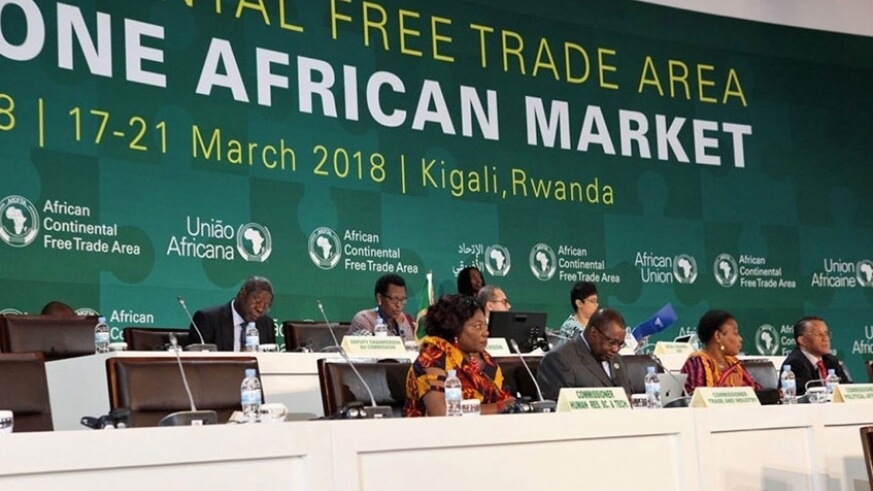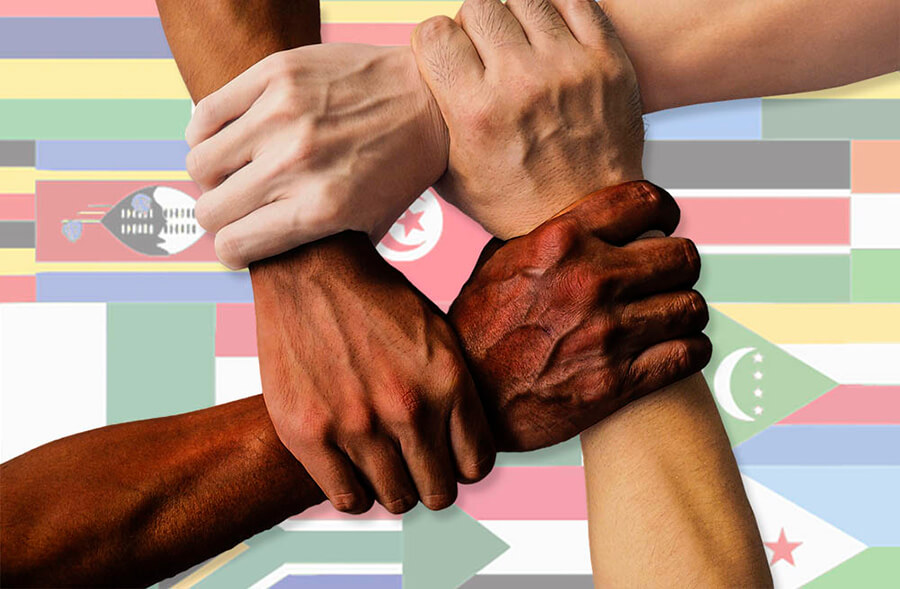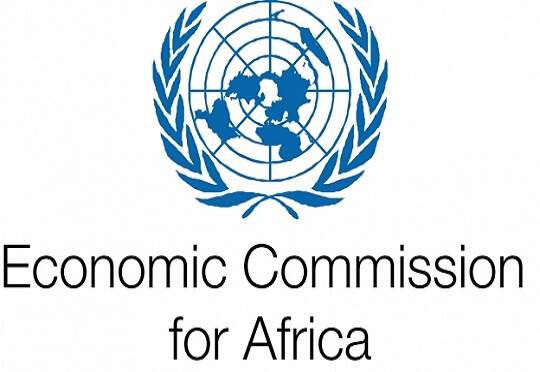Trading within the African Continental Free Trade Area (AfCFTA) is set to begin on 1st July 2020, just over two months from now. So far, only 29 member states out of 55 have ratified the agreement. More countries need to ratify it if the projected boost of 52 per cent in intra-African trade should be attained by 2022. However, Covid-19 could slow things down a bit. While the full effects of the virus remain to be seen, a gloomy economic picture is emerging that AfCFTA will have to contend. There is a unity of expert opinion that the continent is about to go into recession because of the virus. The question is by exactly how much. One could start with the recent African Development Bank (AfDB) analysis entitled "Impact of the coronavirus on the Africa economy". Before the onset of the pandemic, AfDB had projected the continent-wide gross domestic product (GDP) growth to reach 3.4 per cent this year. The GDP will now shrink in the negative to between -0.8 and -1.1 per cent in 2020. In sub-Saharan Africa, estimates by the World Bank are bleaker with a predicted economic contraction of between -2.1 and -5.1 per cent for 2020. The International Monetary Fund forecasts a dip of -1.6 per cent in the region south of the Sahara. Though a country like Rwanda will fare relatively better with a projected growth of 5.8 per cent, the average negative growth in the continent suggests the trading in AfCFTA will not start...
How Covid-19 could affect AfCFTA
Posted on: April 20, 2020
Posted on: April 20, 2020























